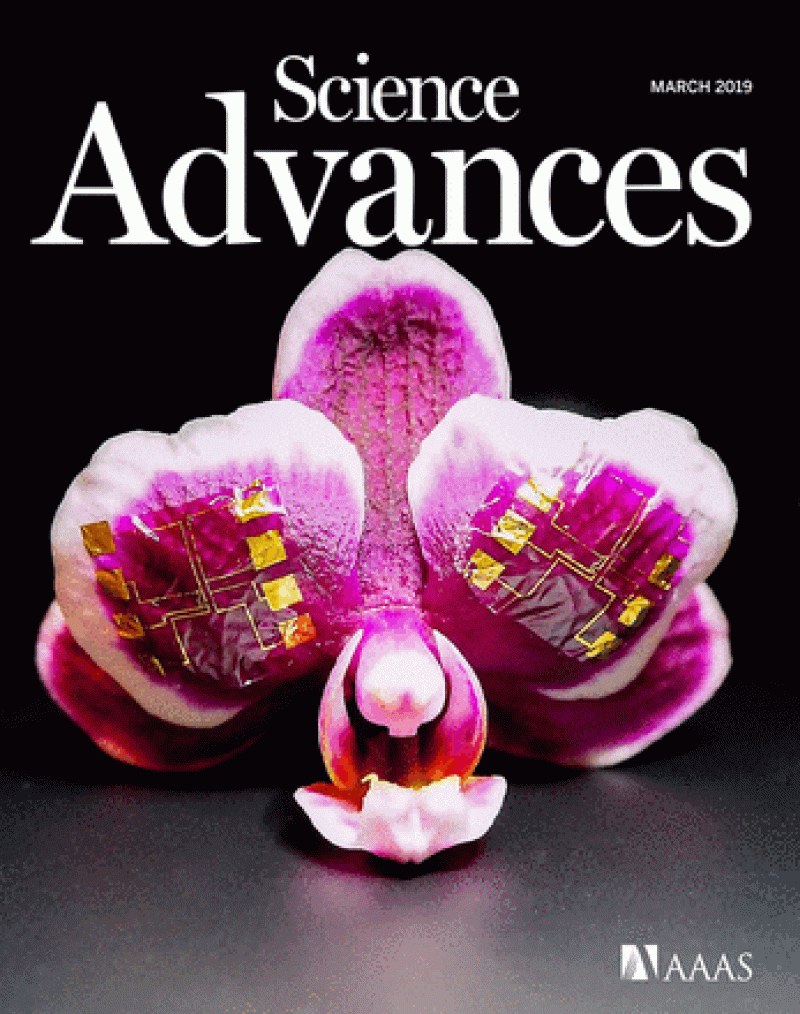Article by fellow Jan Engelmann published in Science Advances
The research article ‘The Neural Circuitry of Affect-Induced Distortions of Trust' by research fellow Jan Engelmann (University of Amsterdam) and co-authors Friederike Meyer, Christian C. Ruff, and Ernst Fehr (all University of Zurich, Switzerland) has been published in Science Advances. Read full article here.

Abstract
Aversive affect is likely a key source of irrational human decision-making, but still, little is known about the neural circuitry underlying emotion-cognition interactions during social behavior. We induced incidental aversive affect via prolonged periods of threat of shock, while 41 healthy participants made investment decisions concerning another person or a lottery. Negative affect reduced trust, suppressed trust-specific activity in the left temporoparietal junction (TPJ), and reduced functional connectivity between the TPJ and emotion-related regions such as the amygdala. The posterior superior temporal sulcus (pSTS) seems to play a key role in mediating the impact of affect on behavior: Functional connectivity of this brain area with left TPJ was associated with trust in the absence of negative affect, but aversive affect disrupted this association between TPJ-pSTS connectivity and behavioral trust. Our findings may be useful for a better understanding of the neural circuitry of affective distortions in healthy and pathological populations.
Article Citation:
Jan B. Engelmann, Friederike Meyer, Christian C. Ruff, and Ernst Fehr, ‘The neural circuitry of affect-induced distortions of trust.’ Science Advances 13 Mar 2019: Vol. 5 (3). DOI: 10.1126/sciadv.aau3413
Reprint
A reprint of the paper can be found here.